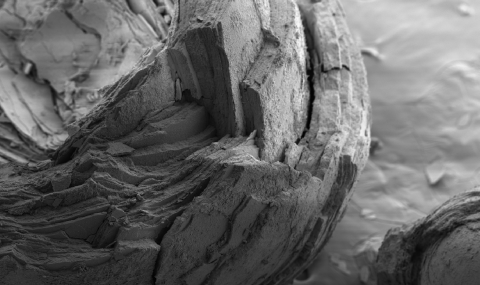Postdoc in microbial isotope fractionation
The Halevy group is searching for excellent, creative and highly motivated PhD students or postdoctoral researchers to study organism-to-ecosystem controls on stable isotope fractionation by microorganisms.
Microbial activity generates measurable isotopic fingerprints, which may be used to interrogate environmental conditions on the present-day and ancient Earth, as well as aspects of microbial physiology, ecology and evolution. For such uses, a robust and nuanced theoretical understanding of the controls on microbial isotope fractionation is necessary.
The approach will include development and interrogation of isotopically-enabled metabolic network computer models of microbial metabolisms (dissimilatory sulfate reduction, methanogenesis, methanotrophy, dissimilatory nitrate reduction, others). These models will be used to understand the controls on microbial isotope fractionation at the levels of a single organism, a microbial population, and an ecosystem. Ultimately, the models and the insights gained from them will be used to understand the isotopic composition of natural materials in present-day environments and in the sedimentary rock record, and the ways in which these can be confidently used to constrain (paleo)environmental conditions and biological activity.
Required: MSc or PhD in microbiology or isotope biogeochemistry / understanding of metabolism / experience in biochemical thermodynamics and kinetics / experience in metabolic network modeling / programming in Matlab (Python and/or R beneficial) / complete control of English / control of MSOffice software
Optional and preferred: experience in scientific writing / computational biology / systems biology / molecular cell biology / biological data science / control of Overleaf/LaTeX


